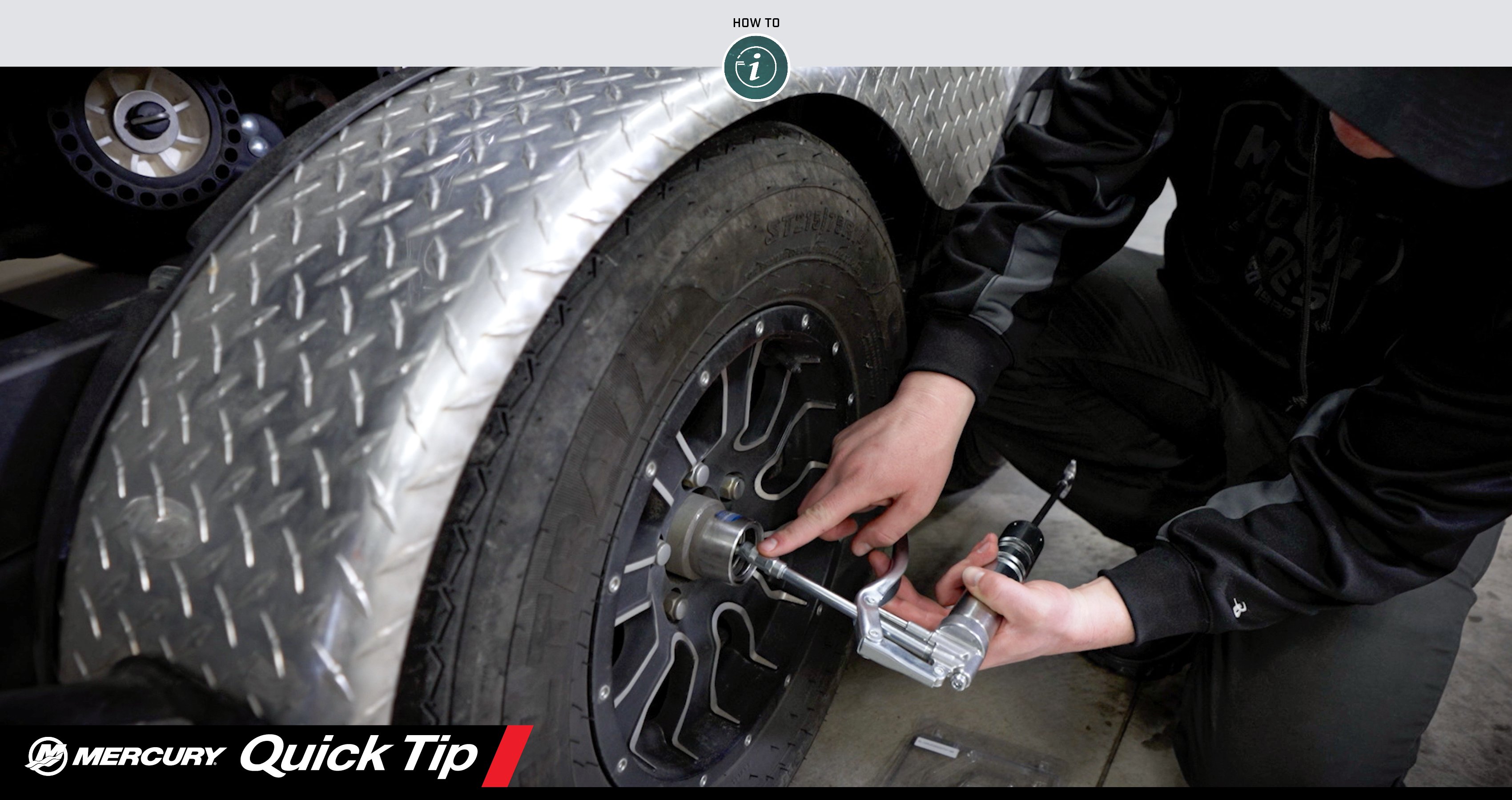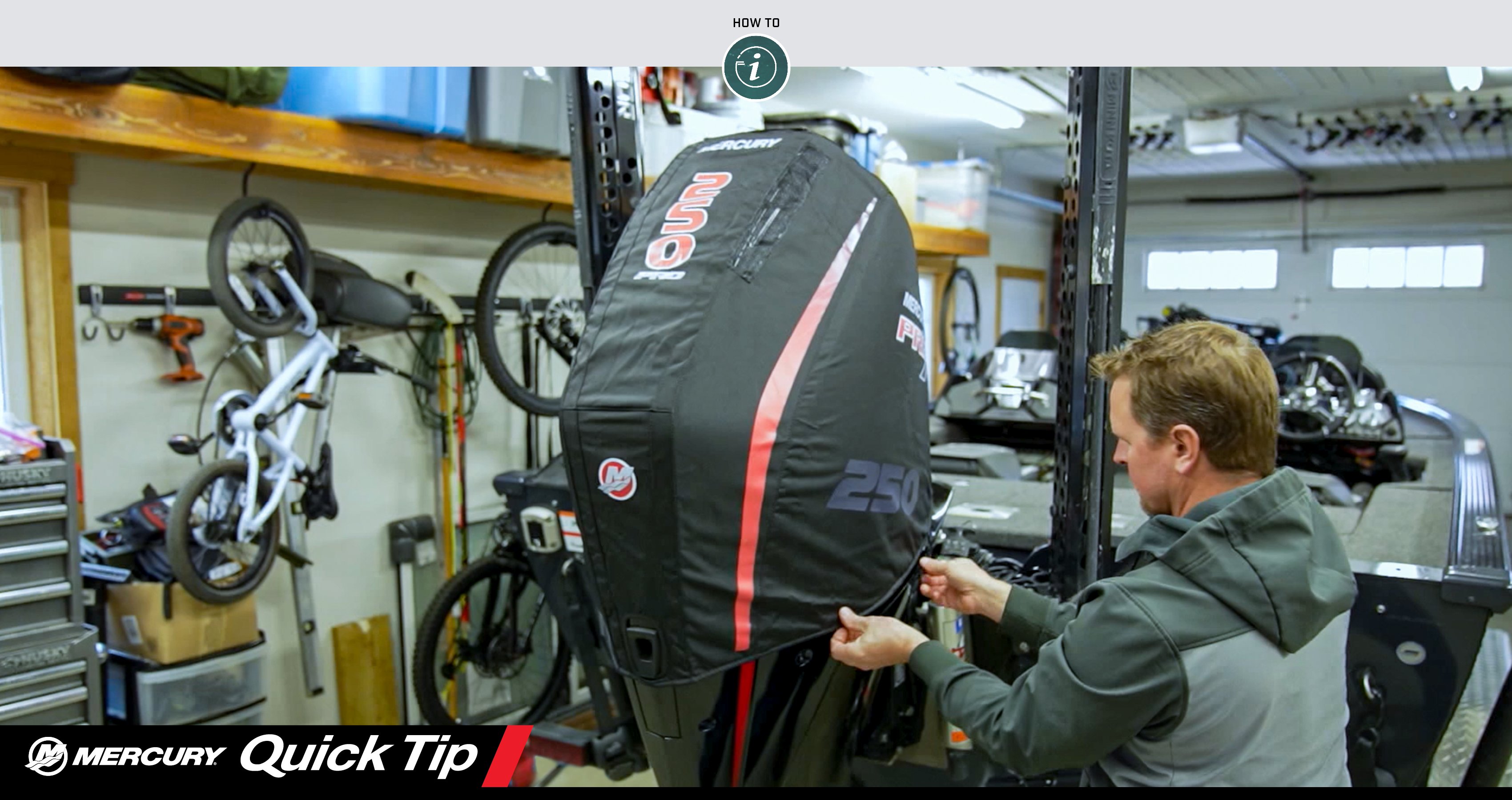If you are new to boating, the “Boating Basics” series of videos from Mercury Marine provides an engaging, educational guide to our favorite pastime that will help you gain confidence on the water. Even if you are an experienced boater, you might pick up a few tips.
With sufficient practice and some helpful advice to get started, you can quickly put aside any concerns you might have about docking your boat. Before long, you’ll feel comfortable and confident performing this essential boating skill.
The first thing to know about docking is that it’s important to take it slow. A good rule to remember is, “Never approach a dock faster than you are willing to hit it.” Limiting your speed gives you more time to maneuver. It also will lessen any impact if you do miscalculate your approach or a sudden gust of wind causes you to make contact with the dock harder than you intended.
Before you approach any dock, bring your boat to a stop and prepare your docklines and fenders. Tie the lines to the side you plan to put against the dock. On most boats, this means attaching one line to a bow cleat and another to a stern cleat. The videos below show you the process the follow.
Even if the dock has a rubber, plastic or wooden fender, it’s important to put out your own fenders as well. Tie the fenders to side cleats between your docklines. The goal is to have the dock contact the middle of the fenders, so if they hang too low from the cleats, retie them to your boat’s railing instead.
When you are all set, here’s the basic process to follow to pull your boat alongside an open dock. First, drive your boat slowly toward the dock at a 45-degree angle or less. Usually, the more parallel you can get, the easier it is. Try to approach with the bow pointed into the wind or current. This will give you the most control – and keep it slow. Once your bow is close to the dock, shift out of gear and turn the steering wheel hard toward the dock to swing the prop in that direction. Then quickly bump the boat into and out of reverse. This will help stop your forward momentum and pull your stern toward the dock, bringing the boat parallel alongside it.
The next step is to quickly tie your boat’s bow line to the dock. Ideally, have a second person in the bow who is holding the line and is poised to reach over the side and secure it to a dock cleat. If that person needs to get out on the dock to tie off, communicate with them so they know when it’s safe to step over the gunwale. You don’t want them stepping out if you’re about to make a sudden steering or throttle change.
With the dock tied off on the upwind side, your boat should stay in place. Now tie off the other end of the boat and, if needed, adjust the length of the lines to hold the boat snugly in place, allowing you to leave and re-board the vessel safely.
It's important to leave the engine running until your boat is securely fastened to the dock. If the wind or current should pull it away from the dock before both bow and stern are tied off, you will need to pull your boat away and try again. If this happens, remain calm. Simply move off until you can safely reposition your boat and start your approach again.
Practicing docking in different wind and current conditions will help you to gain skill and confidence. This video shows a good example of how to handle a strong backwind or current pushing you toward the dock, and a strong wind or current sweeping straight away from the dock.
If you ever get into a situation where you feel that docking your boat is above your skill level, don’t hesitate to ask for help. Use your VHF radio to call ahead to the marina where you plan to tie up, or wave someone down on the dock. Boaters are a friendly group and typically are happy to catch a dockline tossed by your crew and tie it off. You probably will have the chance to return the favor someday.
Docking is the key to dozens of fun adventures on the water, from “docking and dining” at a waterfront restaurant to exploring wild areas or spending the night at a marina in a different town. Just like every other basic boating skill, the more you practice docking, the more comfortable and relaxed you will feel at the helm.




